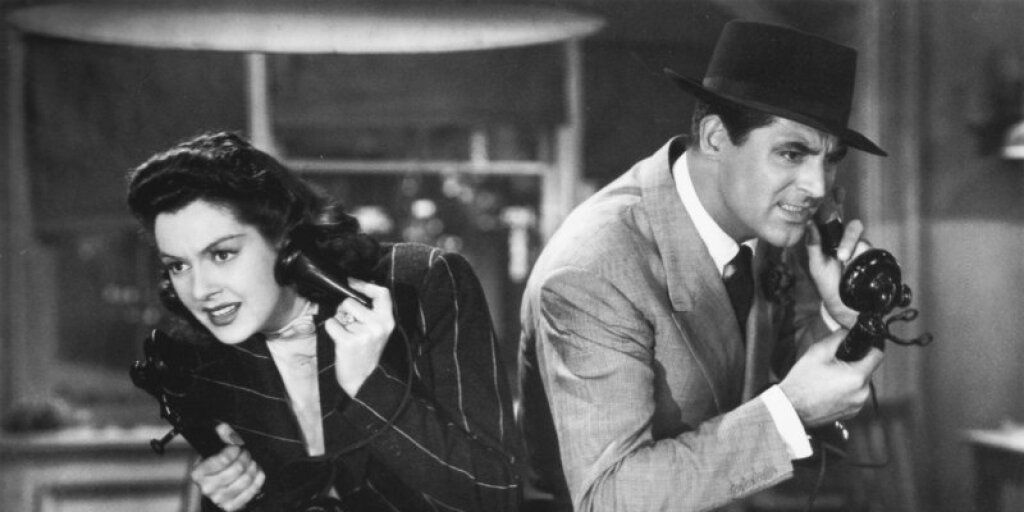This is the fourth installment of The Turkish Gambit portion of “Rereading Akunin” focusing on . For the introduction to the series, and subsequent installments, go here.
Chapter Four
In which the enemy
strikes the first blow
It appears I spoke too soon when I said that Fandorin’s patriotism was not of the “love it or leave it” variety, because he expresses this exact sentiment in Chapter 4. By “spoke too soon,” though, I don’t merely mean the apparently contradiction of my claim in the current chapter. There was plenty of time to fix the entry for Chapter 3; if I declined to do so, I wasn’t (only) out of laziness. My premature assessment suggests thatI may have jumped the gun when it comes to the evolution of Fandorin’s views of the Russian state and statehood in general, as seen in the latter novels.
The positive implication is that we are watching a character develop and grow, something always welcome in a series with a single protagonist who, let’s face it, isn’t exactly Raskolnikov. As a character, Fandorin so far is more of a function: he is a delivery device for Akunin’s explorations of history, and politics, not to mention a vehicle for entertaining plots. In this chapter, we do see him react quite heatedly to insults, proposing dramatic, if somewhat anachronistic, action. But all this is without getting anywhere near whatever is going on on the other sides of those famous gray temples of his.
To get a better sense of Fandorin’s politics circa 1877, Akunin gives us Varya, a woman of radical, if superficial, convictions, presenting in-story challenges to Fandorin’s worldview and decisions. This is facilitated by the sense that there is some chemistry between them; at times, they resemble the bickering protagonists of Depression-era screwball comedy. Fandorin is Spencer Tracy, while Varya is… well, that makes her Katherine Hepburn, but without the talent.
After a brief pause for another newspaper excerpt on the state of the war, Chapter Four picks up right where the previous chapter left off, only now Varya and Fandorin are alone, and therefore free to debate politics without fear of reprisal. Varya is itching for a fight against this “despicable spy,” despite (or, as Fandorin later suggest, because of) the fact that he just bailed her out of a difficult situation. Fandorin eventually takes the bait: “[W]hat is so d-despicable about defending the interests of the state?” Their argument, however, is interrupted by the sudden appearance of Varya’s fiancé, Pyotr (Petya) Yablokov.
Soon, though, she picks up where she left off:
“Protecting the interests of the state, Mr. Policeman?” Varya asked. She had decided that it would be most appropriate to address the secret agent in a casually sarcastic tone of voice.
The titular counselor buttoned up his collar and replied seriously: “If you live in a state, you should either ch-cherish it or leave it— anything else is either parasitism or mere lackeys’ gossip.”
“There is a third possibility,” Varya parried, stung by the phrase “lackeys’ gossip.” “An unjust state can be demolished and a new one built in its place.”
“Unfortunately, Varvara Andreevna, a state is not a house, it is more like a tree. It is not built, it grows of its own accord, following the laws of nature, and it is a long business. It is not a stonemason who is required, but a gardener.”
Completely forgetting about her appropriate tone of voice, Varya exclaimed passionately: “But the times we live in are so oppressive and hard! Honest people are oppressed— they are crushed under the burden of tyrannical arrogance and stupidity. But you reason like an old man, with your talk about gardeners!”
Erast Petrovich shrugged.
“My dear Varvara Andreevna, I am tired of listening to whining about ‘these difficult times’ of ours. In Tsar Nicholas’s times, which were far more oppressive than these, your ‘honest people’ marched in tight order and constantly sang the praises of their happy life. If it is now possible to complain about arrogance and tyranny, it means that times have begun getting better, not worse.”
“Why, you’re nothing but . . . nothing but . . . a lackey of the throne!” Varya hissed out this worst of all possible insults through her teeth, and when Fandorin did not even flinch, she explained it in words that he could understand. “A servile, loyal subject with no mind or conscience of his own!”
Their dialogue is a caricature of a familiar argument between liberals and radicals: should we content ourselves with slow, but measurable progress, or should we tear down the system and start again? In The Turkish Gambit, this is an unequal battle. Erast Petrovich is hyperrational and intelligent, while Varya is a naive girl flirting with revolutionary ideas when she’s not too busy simply flirting (later she’s happy to see that there aren’t many women in the room with her, so there’s no competition). Erast Petrovich even points out to her that she’s only being so vehement because she feels so awkward about being in his debt.
Akunin’s novels are anything but revolutionary, and yet this exchange between Fandorin and Varya is not the last word on the subject of politics, progress, and loyalty. Just a few pages after Fandorin’s paternalistic takedown of Varya, we are witness to a conversation about the existence of God, and God’s relationship to human beings. The British McLaughlin rules out any possibility of “mutual respect” between God and man:
Man’s relations with the Almighty are founded on the conscious acknowledgment of inequality. After all, children would never think of claiming equality with their parents! The child unconditionally accepts the supremacy of the parent and its dependence on him, it feels reverence for him and therefore obeys him— for its own good.
But the French journalist responds:
All this is only correct with regard to little children. But when a child grows somewhat older, it inevitable begins to query the authority of its parent, even though the latter is still incomparably more wise and powerful. This is natural and healthy, for without it man would remain a little infant forever. This is the very stage to which mankind has progressed at the present time. Later, when mankind becomes even more mature, it will most certainly establish new and different relations with God, based on equality and mutual respect. And at some stage, the child will grow sufficiently mature not to have any further need of a parent at all.
In this exchange, it is easy to see parallels not only between the patronizing Fandorin and the rebellious Varya, but also the state and the individual. In comparison to Varya, Fandorin is a mature adult. But as the protagonist of the second novel in a 16-book series, Fandorin has a lot of growing yet to do. We saw a spark of his future attitude when he told his former boss that he does not follow orders blindly. In a few books, he will be like the grown man in the Frenchman’s example. He will have to “establish new and different relations” with the State. And maybe he won’t need the State at all.
Minor Observations
Translation pet peeve. This is how a new character introduces himself: "“You may make a note of my name— Captain of General Headquarters Perepyolkin, Operations Section. Pe-re-pyol-kin.” The last word makes no sense to an English reader, who would not be able to fathom why someone repeats his name so slowly, syllable by syllable, except for the possibility that the man thinks he is speaking with complete idiots. The standard Russian way of making sure you can spell a possibly familiar word is to sound it out syllable by syllable, since that takes care of virtually any confusion (most Russian spelling errors have to do with the pronunciation of unstressed vowels). A better translations would have been “P-E-R-E-P-Y-O-L-L-K-I-N.”
An officer besmirches Fandorin’s honor, suggesting that he married his late bride for her dowry and benefited from her sudden death. Fandorin challenges him to a duel.
Someone sabotaged a telegram, diverting the Russian forces from Plevna to Nikopol. All evidence points to Pyotr, Varya’s fiancé. Can this romance be saved?


